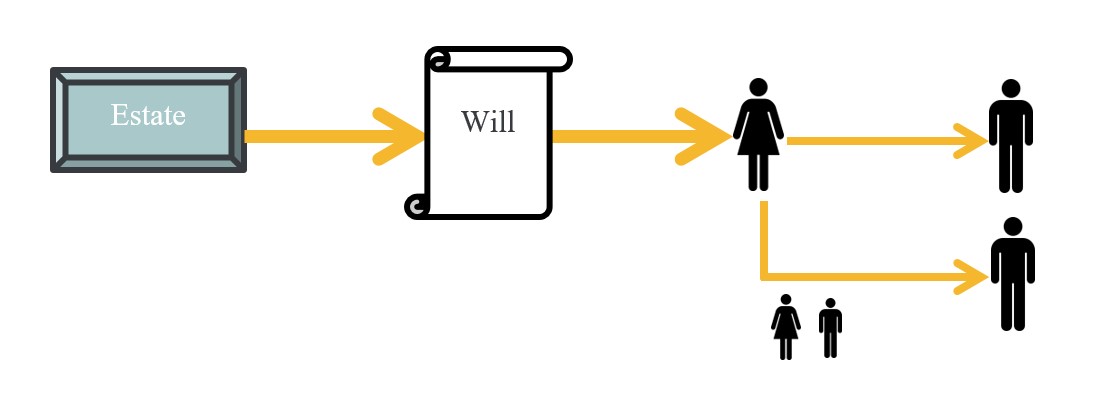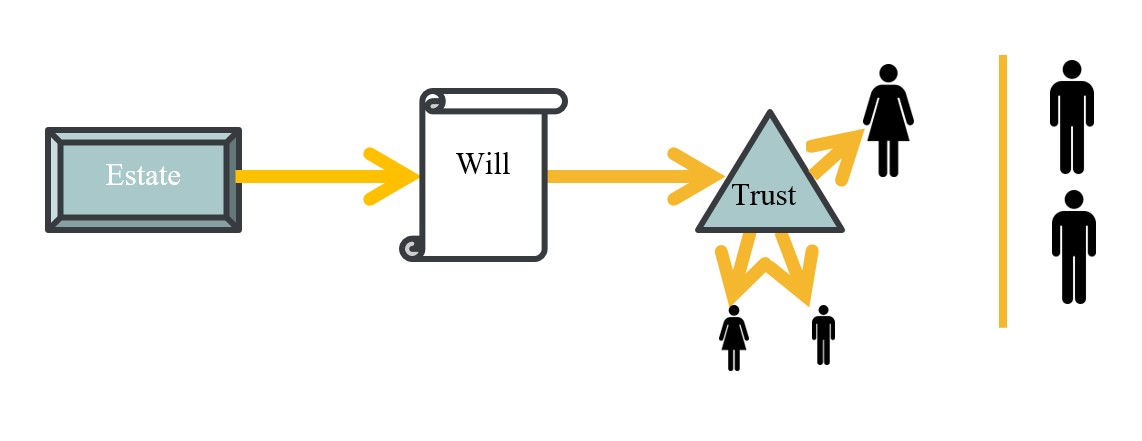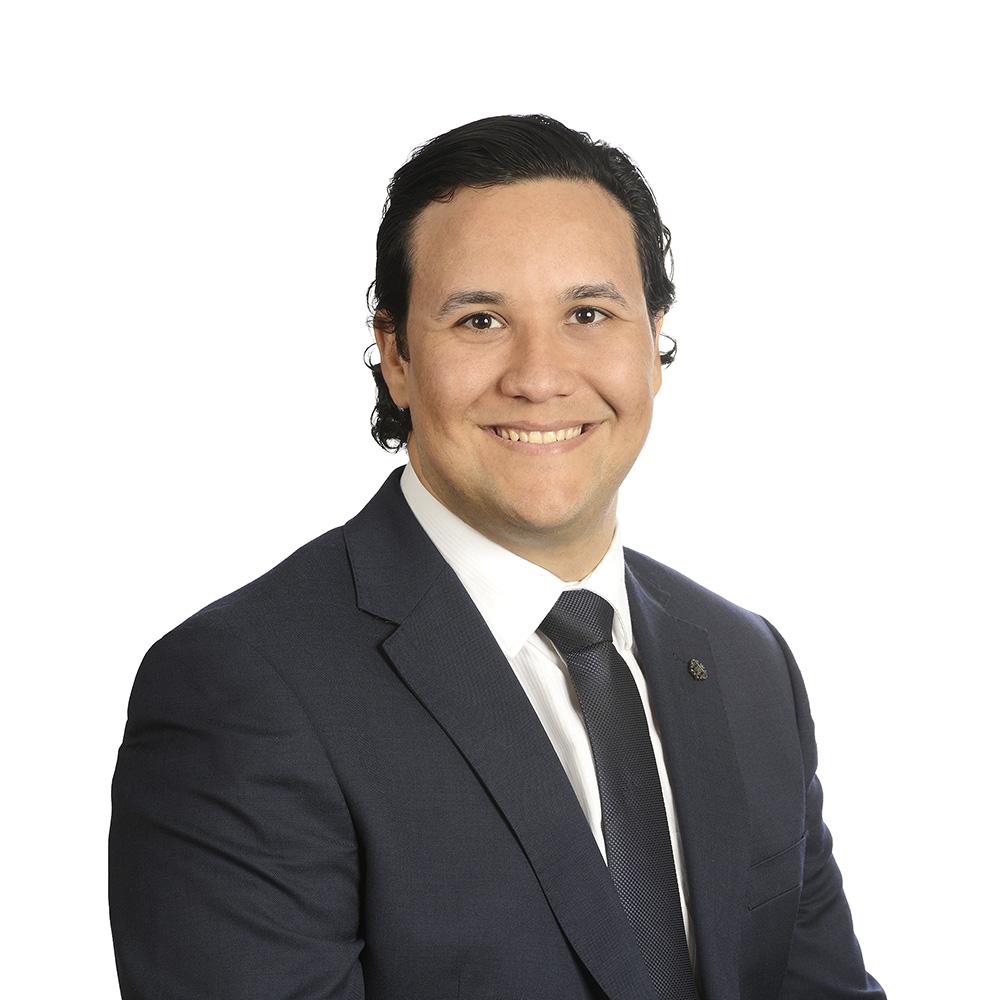Besides simply having a ‘valid will’ there are many aspects of estate planning that the well-advised may want to be aware of…
A Trust can save a significant amount of tax and help keep the estate ‘in the family’ for future generations.
What’s in a will?
Growing awareness around the importance of wills has led to a number of products designed to easily and cheaply put in place a ‘valid’ will.
However, there are a number of options available to the well-advised willmaker that may have significant benefits to the intended recipients of an estate. One of the most effective options is to provide for a Testamentary Trust in your will.
Protecting your estate
With a wealthier, ageing population and an increasing rate of relationship breakdowns, the estate planning landscape is dominated by the risk of “unintended beneficiaries” of an estate. These may include in-laws, the tax man, ex-spouses or de factos, or parties that can influence your child or vulnerable beneficiaries.
Tax planning
While it is true that there are no longer any ‘death duties’ in Australia, there can be many ways that a tax can effect an estate – particularly once it is in the hands of its intended recipient. There are also many ‘once-off’ tax concessions for transferring estate assets that can be utilised or prolonged with appropriately established estate planning.
Testamentary Trusts
Many people are now aware of the option of including testamentary trusts in their wills. A testamentary trust is simply a trust established after your death, with the following characteristics:
- The trust holds the estate instead of simply gifting it to people individually.
- The terms, or rules, of the trusts are set out in the will, including who may potentially benefit from the income or assets of the trust.
- A trustee is appointed to hold the property on the terms of the trust and make decisions based on the terms of the trust.
In other words, the terms of the person’s will apply to the property, rather than the rules of property as they apply to the individual.
This means that:
- Any income from the assets will be paid at the marginal rate of tax of the individual recipient.
- As personal assets, inheritances may not become subject to any ongoing or future legal claims, including ex-spouses and de facto partners.
- Where any remaining estate assets go on the death of the recipient will depend on that persons wishes and estate planning.
Some examples illustrate these issues.
Example 1 – ‘Simple will’ example – How not to do it
Michael and Paula leave their estate to their only daughter, Sue. (‘nice and simple!’)

Sue now has to deal with the following issues:
- Her ex-husband has listed the estate as marital
assets and is entitled to a share of them as part
of their property settlement. - Sue already has an income of $80,000 a year, so she will pay tax of at least 37% on the income the estate assets produce from year to year.
- Sue would now like to transfer some real estate she has received to a trust , however she is told that significant stamp duty and capital gains taxes will apply.
Sue passes away a few years later with a simple will of her own, leaving her estate to her new partner. Sue’s two children must now bring a claim against the estate or be beholden to their step-father for a share in the estate now or in the future, as there is no guarantee he will provide for them in his own will.
Example 2 – Testamentary Trust example – how it may be different
Michael and Paula include a Testamentary Trust for Sue’s benefit. Sue is the trustee of the trust and so has day-to-day control of it.

This has the following advantages:
- The inheritance is not owned by Sue personally –
the Family Court will generally refuse her ex-husband’s attempt to claim it as marital property. - Sue distributes some income of the trust to her two children, paying for school fees and other expenses. Using a specific tax exemption, Sue obtains the benefit of marginal rates of tax (including the $18,000 tax free threshold for each child. This saves $13,320 a year in tax on the first $36,000 alone.
- Sue already holds the property in a flexible structure, but may be able to transfer with exemptions from duty and capital gains tax.
The assets in the trust continue to be held for the benefit of Sue’s children when she passes, regardless of the claims of her new partner.
Contact Us
Need more information or want to book in a time to talk with one of our experts? Just fill in the form below and we'll get back to you.
Further Resources

NDAs and Contamination
Latest Videos
Businesses that we have helped
Here's a small selection of businesses we've helped achieve great outcomes.









As Featured In:















